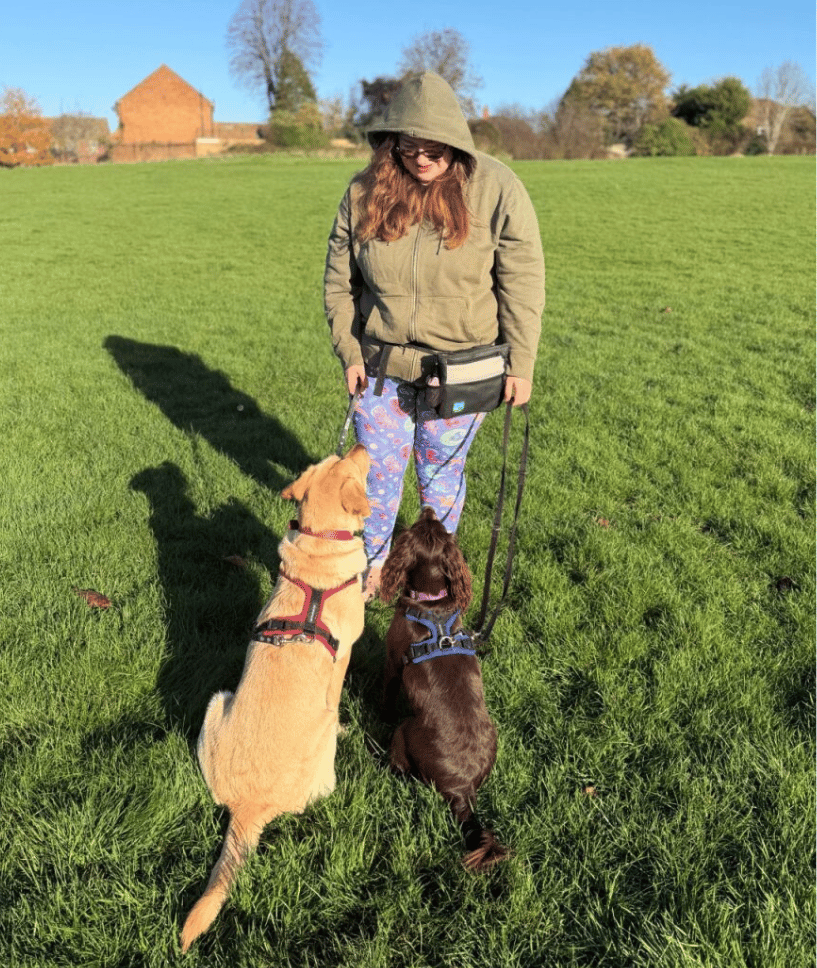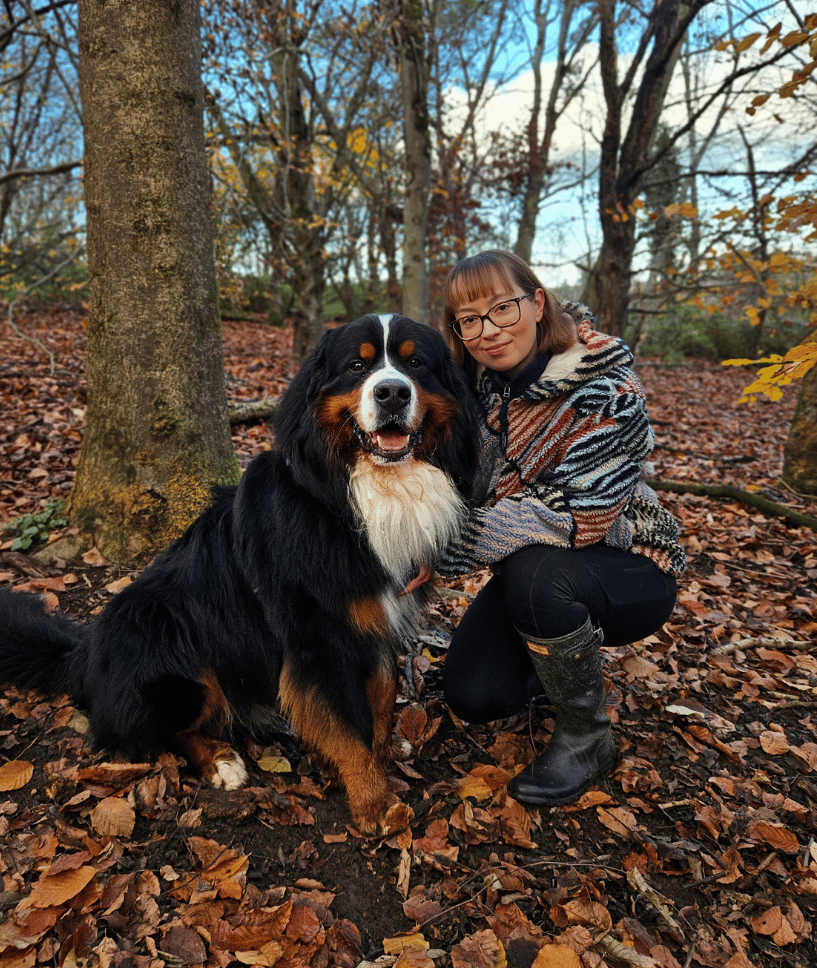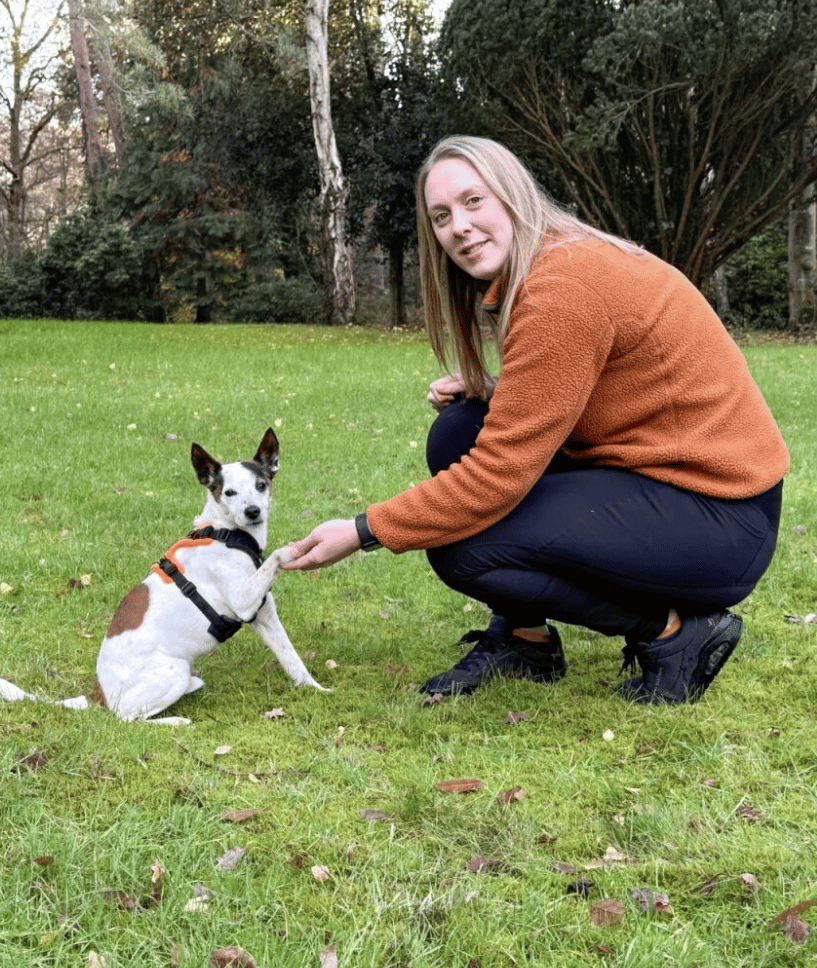Finding the Right Dog Trainer: Choosing the Perfect Partner
Finding the Right Dog Trainer: Choosing the Perfect Partner

Bringing a new dog into your life can be an incredibly rewarding experience but it can also come with its fair share of challenges! Whether you have a new puppy or an older dog with behavioural issues, enlisting the help of a professional dog trainer can be a worthwhile investment. With so many different types of dog trainers, training methods and philosophies out there, how do you know which one is right for you and your dog? Most dog trainers will outline their choice of training methods on their online platforms. In this blog we will explore these training approaches, and the language used to describe them. We will also delve into why positive reinforcement training stands out as the most ethical and effective method to train dogs.
Understanding Different Dog Training Philosophies
What is Positive Reinforcement Training?
Positive reinforcement training, also known as reward-based training, focuses on rewarding desired behaviours with something of value such as food, toys etc, rather than using punishment-based techniques for unwanted behaviours. This approach relies on the principles of operant conditioning, where dogs learn to associate specific behaviours with positive outcomes. By consistently reinforcing good behaviour, dogs and puppies are more likely to repeat those actions in the future.
Note: Dog trainers who practise positive reinforcement techniques, may also use the terms ‘force free,’ or ‘reward based’ when describing their chosen methods.

What is Dominance Based Dog Training?
Dominance dog training revolves around establishing the dog trainer/owner as the ‘alpha’ or dominant figure. This approach may involve techniques like alpha rolls, physical corrections, or asserting dominance through body language. Although dominance-based trainers can still be found, it is now widely recognised by animal behaviour specialists that dogs do not have a tendency towards dominance & that dominance based training can lead to fear, anxiety, and aggression in dogs and puppies.
What is Balanced Dog Training?
Balance training, also known as traditional or old school training, often relies on a combination of positive and punishment-based techniques. This approach may involve using rewards like treats, toys or praise for desired behaviours, but it also can incorporate aversive methods such as lead corrections or the use of prong collars.
Navigating Dog Trainer Philosophies
To make the task of finding the right dog trainer even simpler, below is a list of green flag words indicating ethical practices, as well as red flag words signalling dominance-based methods.

Green flag buzz words and phrases
Positive, gentle, relationship centered, ethical, science based, motivational, fear-free, trust-building, kind, empowering, clicker training.
Red flag buzz words and phrases
Alpha, pack leader, dominant, assertive, leader, correct, control, discipline, balanced, authority, traditional, hierarchy.
When researching dog and puppy trainers online, you’ll likely encounter descriptions/language as shown above. Understanding these descriptions can help you to make an informed decision when choosing a dog trainer for your canine friend. While various approaches exist, positive reinforcement training stands out as the most ethical method which nurtures a trusting & harmonious relationship between owner and dog. Emotionally centered and ethical training methods are both kind and effective, promoting overall canine well-being. We encourage you to seek out positive reinforcement trainers and steer clear of punishment or dominance-based approaches. By prioritizing rewards, encouragement, and mutual respect, you’ll set the foundation for a lifetime of happiness and cooperation with your canine companion.





